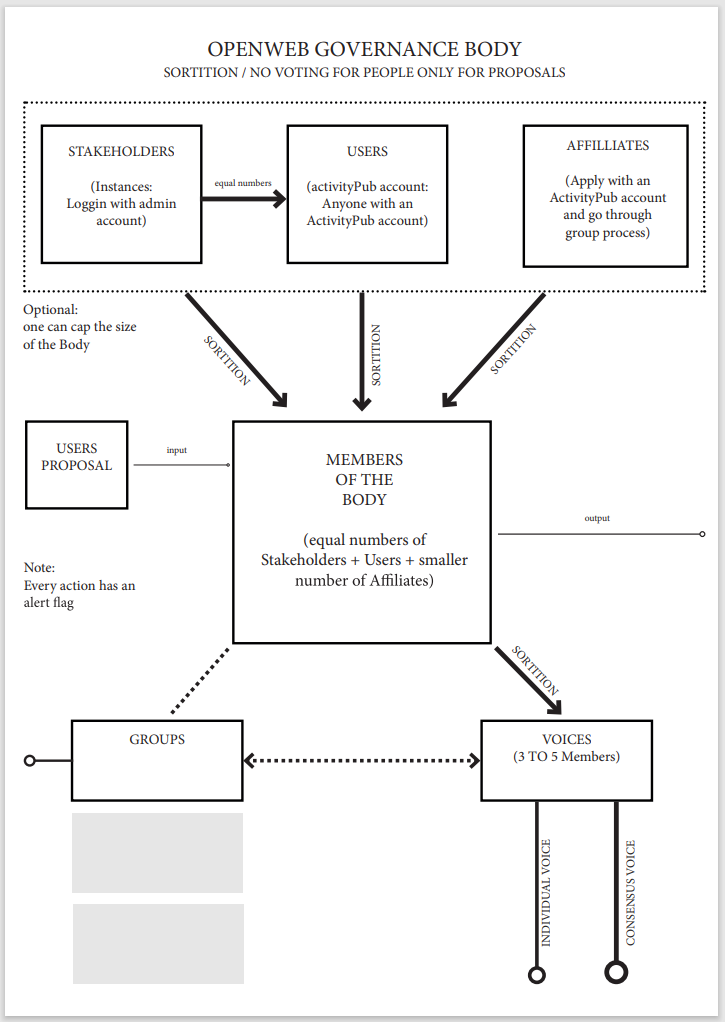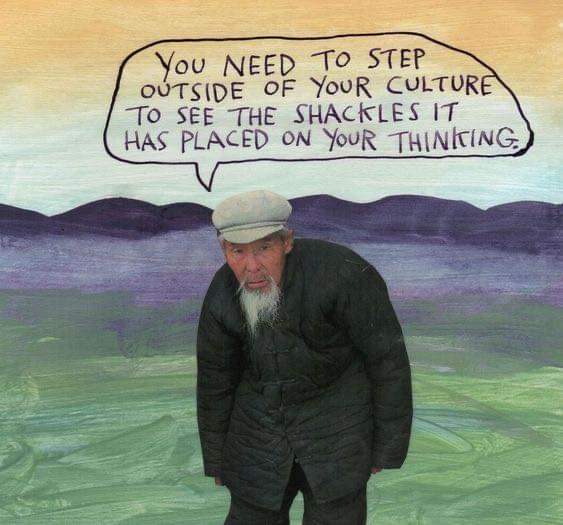Originally written at Occupy St. Paul’s, October 2011 — expanded with more stories and reflections.
At every protest camp I’ve ever been involved with – and there have been many – disorder is inevitable. It’s not a failure, it’s a stage of the process. If we embrace this, we can learn how to navigate it rather than panic or burn out like mean people do.
Scene: St Paul’s, London, Occupy 2011
One vivid example: a health and safety rep shouting and waving a petrol can around, frantically unscrewing the top in the middle of a crush of tents. “We must shut this down now,” he yelled, his voice echoing across the church steps.
He had a point. Safety was a real concern. But he was also clearly at the end of his tether, breaking under the pressure of being responsible in an inherently chaotic space. I’ve seen this moment many times, the burnout spiral. The people who take charge at the beginning of a project are often the first to ignite when things go sideways. They can become the kindling that burns the whole space to the ground.
This isn’t new, we saw this at:
Climate Camp (2006–2010): The early camps ran beautifully on invisible networks and shared purpose. But later camps ossified with layers of bureaucratic consensus, and burnout led to factionalism and collapse.
Occupy Wall Street and Occupy LSX: Self-appointed leaders stepped in “for the good of the camp” but ended up creating informal hierarchies, which broke trust and caused more damage than the problems they were trying to solve.
Evictions at Dale Farm (2011) and Balcombe anti-fracking camp (2013) both showed how trust-based affinity groups made the camps sustainable, while imposed control often failed.In each of these, disorder wasn’t the enemy, the fear of disorder was. Disorder is not collapse, it’s a moment of possibility. We forget that self-organisation is not neat and tidy. It’s not an #NGO strategy doc. It’s not a Slack channel or a consensus board. Real self-organisation looks like this:
A kitchen is full of smoke because three people decided to cook at once.
The medic tent ran out of supplies because no one restocked — but someone just showed up from another camp with a box of bandages.
The camp loos are blocked — but a crew forms spontaneously to dig a new trench.
Someone's shouting at 2am — and instead of calling security, a circle forms to listen and de-escalate.These moments feel chaotic, but they’re also full of agency, trust, and rebalancing. Firebreaks in the forest, just like in actual wildfires, we need firebreaks in our organising structures, planned spaces where the flames of burnout can’t leap from person to person. Here are a few examples of firebreaks I’ve seen or used in movements:
Rotating roles — No one holds a role for too long. Responsibility moves before burnout sets in.
Structured chaos — Clear boundaries, but loose forms. Example: the “clown crew” at Climate Camp took on confrontation duty in creative, silly ways that defused tension without control.
Open circles — In decision-making, people step in and out without stigma. No hidden “core” group.
Quiet zones — Space for mental and emotional decompression. Held with care.
Exit with grace — A culture that celebrates stepping back, not shames it.These common practices are harder than they sound. But if we believe in horizontalism, consensus, and real community, then we have to accept that disorder is part of the process, not something to be stamped out.
Creating open space by stepping aside, the hardest lesson for organisers and activists, especially the ones used to holding everything together, is learning to step aside. But this is how new leadership emerges. By creating gaps, we invite people in. When one person stops doing the dishes, someone else realises they can.
If we always control the space, we never let it grow.
If we always fill the silence, we never hear new voices.Word to the wise, every protest camp, movement space, or radical project will hit a wall of disorder. Burnout, conflict, disorganisation, or just entropy. That’s not failure, that’s life, the trick is to stop panicking, and start trusting.
Disorder is not the end.
Disorder is the compost.
New growth begins there.
Let’s stop trying to fix everything and start letting things evolve. You don’t plant a garden by telling the weeds where to grow. Want to build better firebreaks in your organising? Join the conversation here and help out with the Open-Media-Network to co-create horizontal structures that actually breathe.






